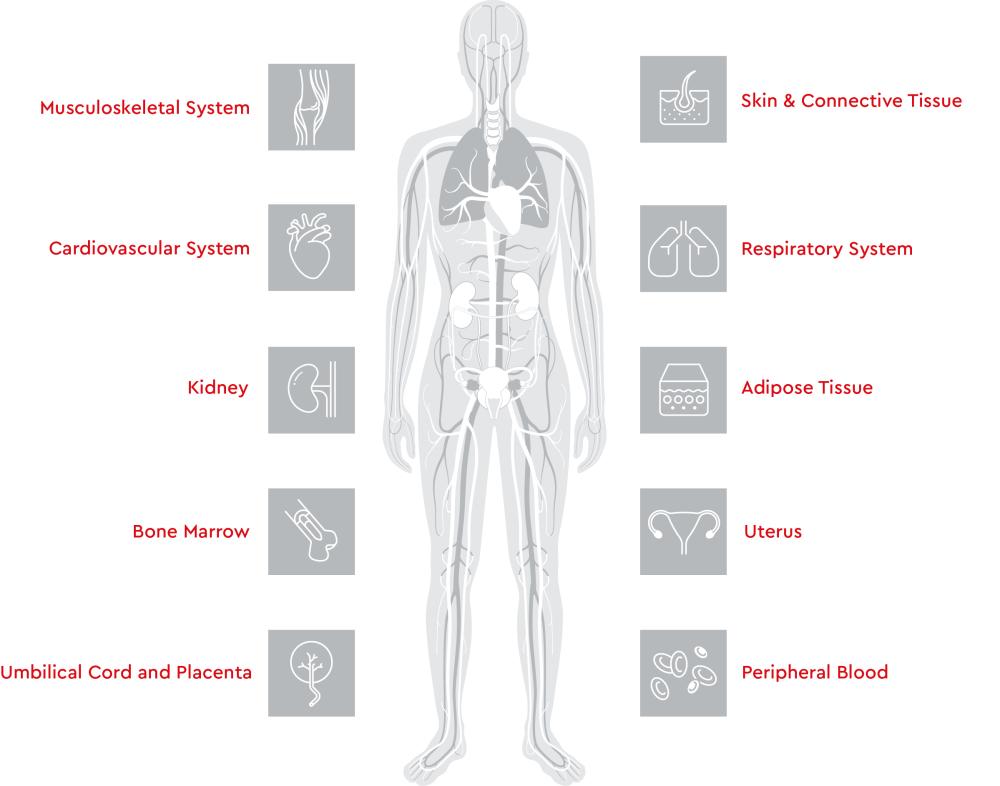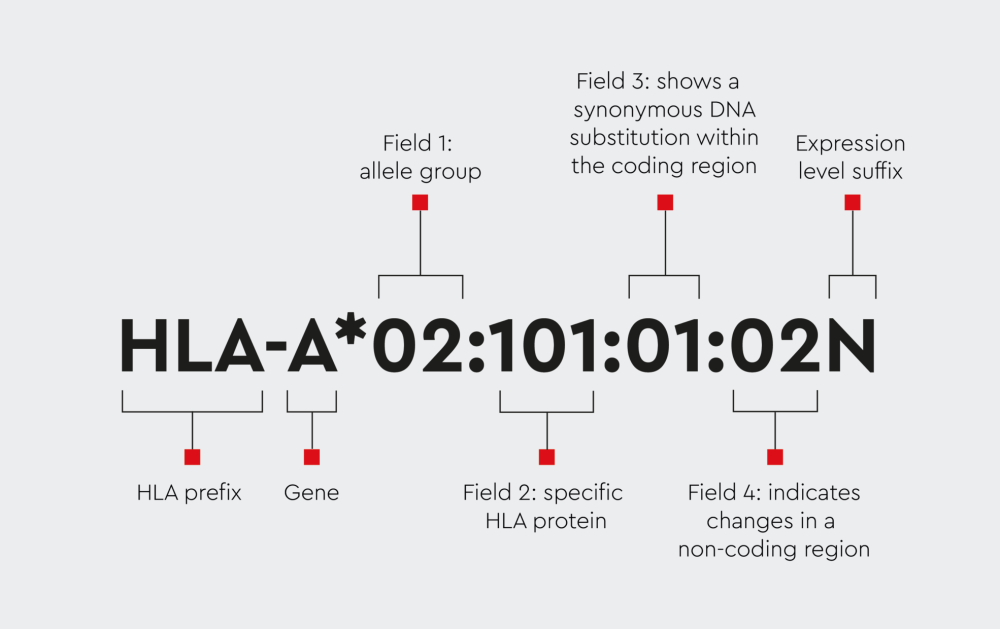HLA-typed human primary cells


HLA-typed cells from various tissues within the human body, essential for translatable research.
Human leukocyte antigens (HLA) are cell surface proteins that regulate the immune system. HLA genes are extremely diverse, with over 2000 HLA class I alleles and over 600 HLA class II alleles1. A specific HLA type can be associated with an autoimmune disease2 or serve as a biomarker3 to show how cells respond to cancer treatments. They have also become important in understanding the role of the immune system in autoimmune diseases, defense against infections4, and personalized medicine5.
Unlike animal models, HLA-typed cells provide an optimal platform to test tumor-reactive T-cells in a culture that represents the human system. With the rapid development of personalized cancer immunotherapies such as adoptive cell therapy, custom HLA-typed cells are becoming increasingly important for the development and testing of new drug.
Created in cooperation with RegMedNet.
What we offer
We offer a broad range of high-quality HLA-typed cells from several organs, allowing you to test potential therapies and detect cross-reactivity.
With more than 100 HLA-typed donors in stock, we provide a complete HLA typing certificate for each donor — so that you can stop spending valuable time on primary cell typing.
What we provide
- HLA-typed human primary cells and peripheral blood mononuclear cells (PBMC) from a pre-screened donor.
- A complete certificate including 4-digit resolution typing for HLA-A, -B, -C, -DPA1/DPB1, -DQA1/DQB1, and -DRB1/DRB345.
- Multiple cell types from matched donors depending on your needs.
- Only receive the cells you wish to work with — no negative testing is required.
Your benefits
- Minimize off-target interactions preclinically by testing translatability in a human cell setting.
- Translatable results, overcoming the need for animal experiments to develop and test new drugs.
- The HLA typing report provides certainty on the type you need, so you don’t have to do further screening.
- Faster testing, making the development of new cancer therapies more cost-effective and resource-saving.
- Cross-reactivity testing of new therapies in multiple systems using our HLA-typed cells from the lung, kidney, or cardiovascular system.
What is HLA nomenclature?

Learn how to decode standardized HLA nomenclature:
References
Expand
- Robinson, J., Mistry, K., McWilliam, H., et al. The IMGT/HLA database. Nucleic Acids Research. 2011;39(suppl_1):D1171–D1176. doi: 10.1093/nar/gkq998
- Liu B, Shao Y, Fu R. Current research status of HLA in immune-related diseases. Immun Inflamm Dis. 2021;9:340–350. doi: 10.1002/iid3.416
- Jiang C.Y., Zhao L., Green M.D., et al. Class II HLA-DRB4 is a predictive biomarker for survival following immunotherapy in metastatic non-small cell lung cancer. Sci Rep. 2024;14:345. doi: 10.1038/s41598-023-48546-y
- Augusto D.G., Murdolo L.D., Chatzileontiadou D.S.M., et al. A common allele of HLA is associated with asymptomatic SARS-CoV-2 infection. Nature. 2023;620:128–136. doi: 10.1038/s41586-023-06331-x
- Singer J., Lewitzky S., Leroy E., et al. A genome-wide study identifies HLA alleles associated with lumiracoxib-related liver injury. Nat Genet. 2010;42:711–714. doi: 10.1038/ng.632
